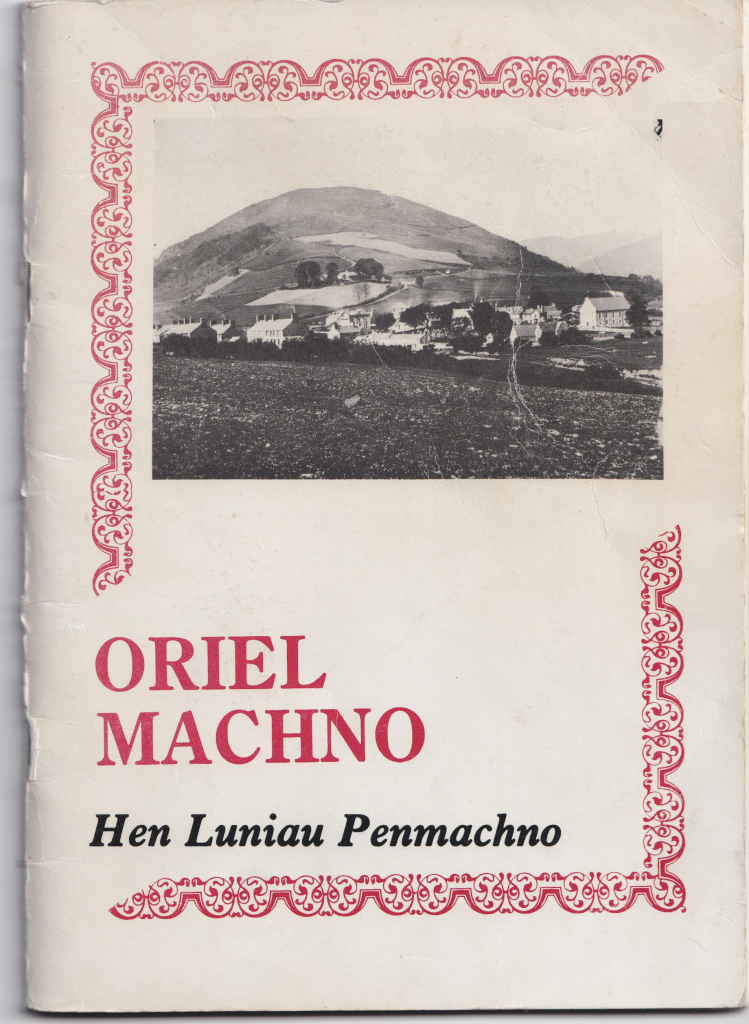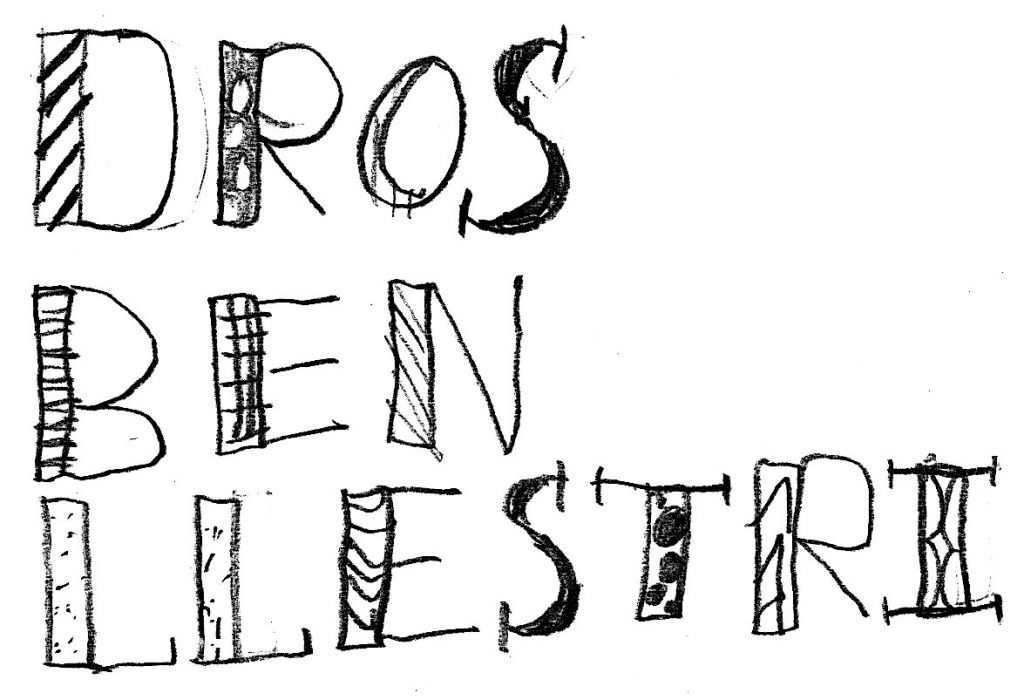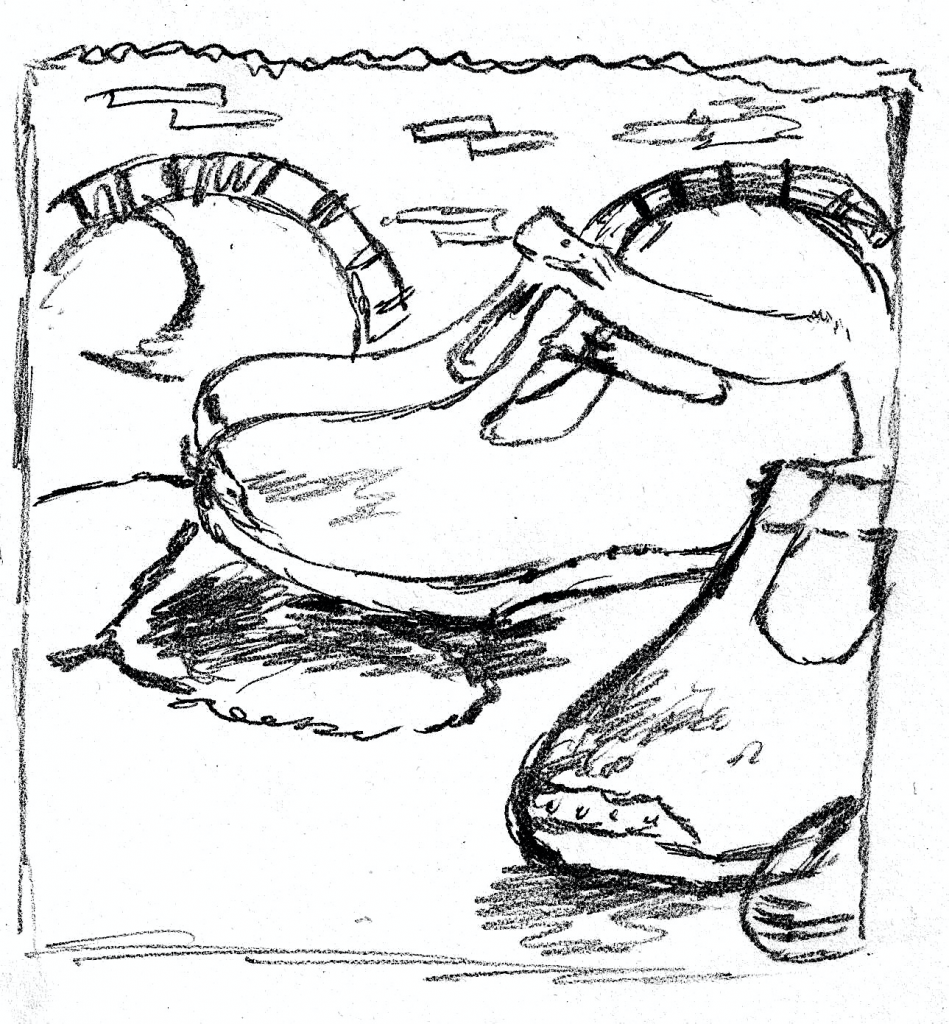The Clear Village Remote Making team have been busy delivering a series of digital making workshops in the village of Penmachno, Conwy. Generously supported by the Ashley Family Foundation, these workshops explore and celebrate the histories of craft and industry in the Machno valley in North Wales, intersecting them with digital making processes that introduce digital literacy, design and prototyping skills, and new ways to think about the Machno community’s identity and future aspirations. The workshops also create a space of learning for both participants and workshop leaders, as each person is contributing their expertise in different fields, whether local history, digital design software, or the nuances of Welsh language.
The AFF has supported the purchase of a laser cutter and 3D printer for the village. The first round of workshops combine using the laser cutter with locally sourced, culturally significant materials. So far we have experimented with slate collected from a disused quarry at the end of the Machno valley, and waste wool that has been felted into sheets, provided by Gwlangollen, a collective that works with sheep farmers to repurpose their waste wool.
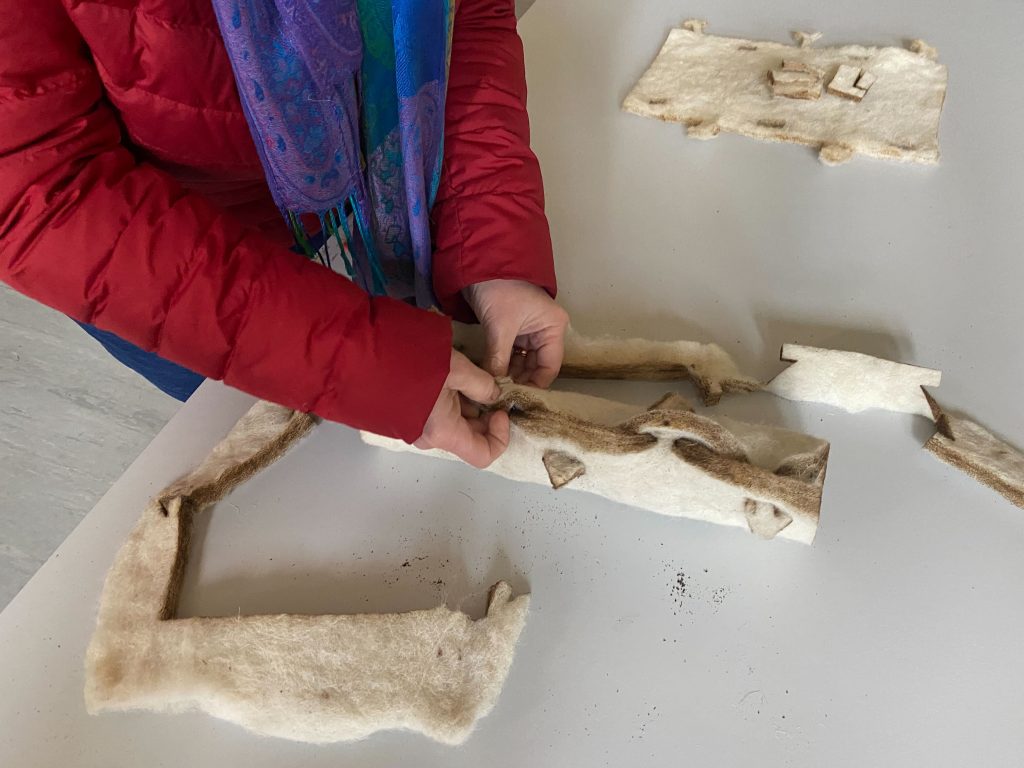
The first challenge, unique to our rural project work, was to negotiate delivery and installation of the laser script laser cutter. Wheeling it through gardens and village lanes into the local village hall. The next challenge was combating the snowdonia weather with freezing temperatures risking freezing the water in the cooling system, cracking the delicate glass pipework. Delivering these workshops in rural settings provides its own set of challenges but an invaluable perspective and opportunity to create in new ways.
The first object we prototyped is a collaboration by the whole workshop group – a laser engraved slate sign with the new name for the ex-shop-turned-project space in the village. In the first workshop we ran a brainstorming activity to generate different ideas for the name of the old shop. Many ideas were brought forwards and were then voted on to select the top 5 names. These names were then put to all the residents of the village for a vote, one digital poll on the community Facebook page and several paper voting notices were placed in different locations around the village such as the local shop.- Oriel Machno (Machno Gallery). The name is a tribute to a photographic exhibition and publication of the same name that took place in and around the village in 1987. One of the workshop participants shared the publication and the story of the exhibition, then the name was selected by the wider community in a village-wide poll. Pictured below is the cover of the original photography book and this scan translated into a slate engraving.
Part of our work here is to integrate design education with these targeting local projects. In designing the shop sign we introduced learning about typefaces and their role in our everyday lives. Thinking about the different uses of classic typefaces encouraging consider the use of type in their surroundings and the role of design plays in signage. We then explored different fonts found around the village, how each style reflected a different use context or production method from the chiselled letters into the slate to the handpainted notices in the church.

The workshop group eventually decided that we should use the original font from the publication – Century Old Style – but with some letters augmented to recognise the sounds in the Welsh language with no English equivalent (the C and H are connected in recognition of the soft ‘ch’ sound in Machno). Recognising that fonts designed for the English language don’t communicate the nuances the Welsh language, drawing inspiration from the font commissioned by the welsh government pictured below.


Changing the letter formation provided an opportunity to learn about how vectorised shapes are formed and therefore can be edited, an important teaching in the creation of vector files for digital design. The final design
will be engraved on a slate slab and hung at the entrance to the shop from a bracket made by a local blacksmith. The next workshops build on these digital and design skills, when individuals will be creating their own slate engravings.
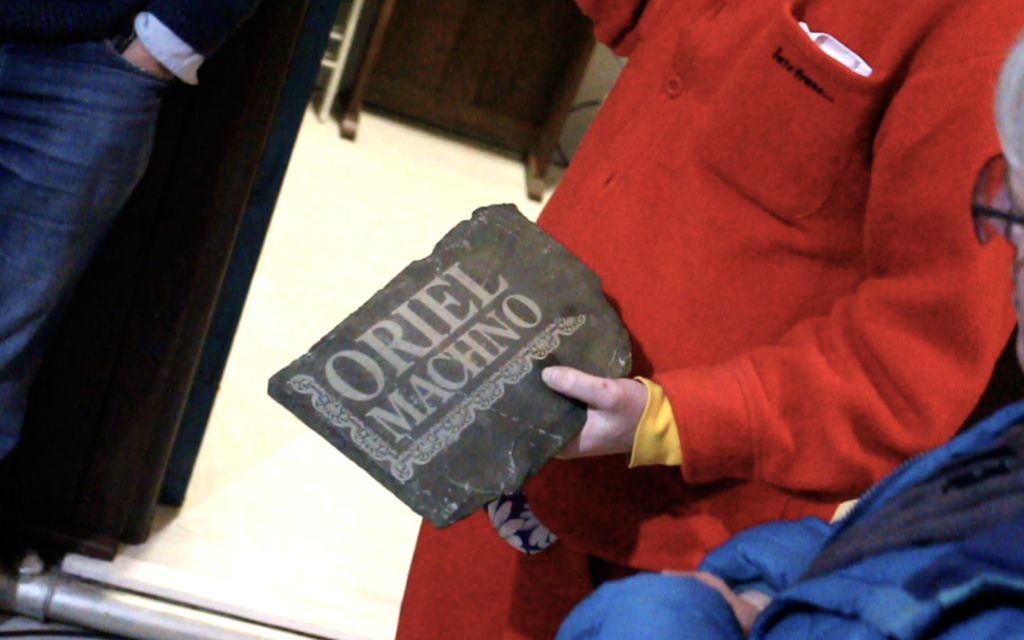
Some of the participants are small craft business owners, and are looking to expand the kinds of machines they use in their business. They will have the chance to prototype new products, producing them in small batches and displaying them in Oriel Machno. Others want to create new Welsh language place name plaques for locations in the village with informal or lesser known names not necessarily found on maps or official signage physicalising the history of the village for generations to come.
We are only half way through the first round of workshops at the time of writing, and already so much has been made, designed, and shared. We look forward to continuing our work with this great group.
